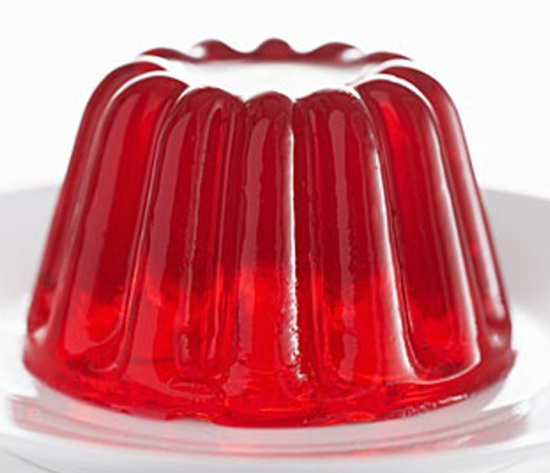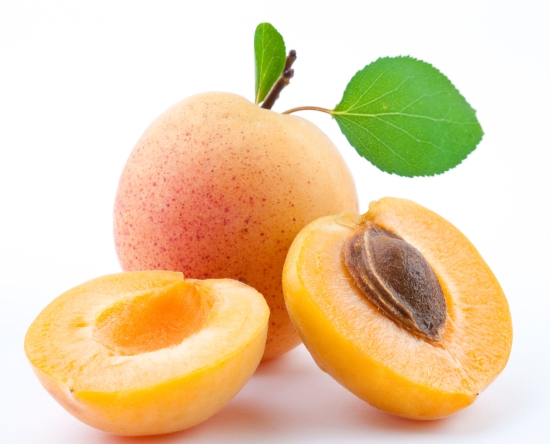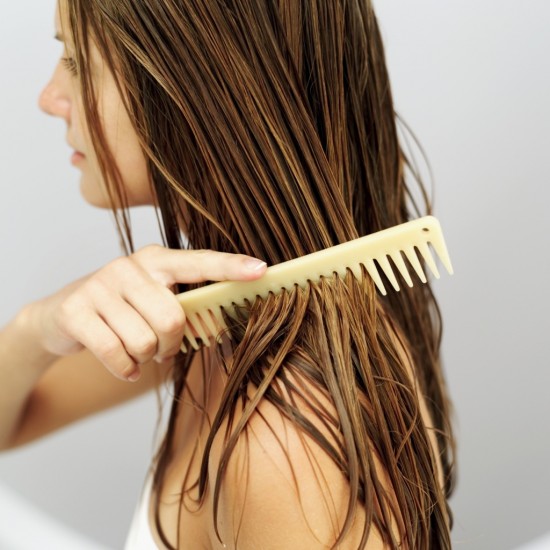Each pregnancy is different: while some women lose hair during pregnancy, others enjoy the thickest most luxuriant growth of hair during those nine months, and yet others have postpartum hair loss.
We look at why women tend to lose hair after childbirth, at how much is normal to lose and what you can do about it.
What is the reason for postpartum hair loss?
When a woman is pregnant, the extra estrogen hormones in her system mean that a more than normal proportion of hair is in the growth phase during those nine months.
 The rate at which hair is lost slows down and the result is thicker, more luxuriant hair for pregnant women. Fewer hairs are in their resting phase and more are in the growth phase.
The rate at which hair is lost slows down and the result is thicker, more luxuriant hair for pregnant women. Fewer hairs are in their resting phase and more are in the growth phase.
Since estrogen levels fall after pregnancy, this affects hair growth negatively and women may start losing significant amounts of hair about 2 to 3 months after the delivery.
The less hair loss a woman had while pregnant, the more hair she is likely to lose after the baby arrives.
However some women may experience no significant difference in their hair during pregnancy and consequently may have little or no postpartum hair loss.
Some women have slight hair fall, while others may notice clumps of hair falling out. The head hair may seem thinner and sparser particularly about the hair line.
This hair loss after the delivery is usually temporary and will sort itself out by the time the baby is about 12 months of age.
Tips to cope with postpartum hair loss
- Consider getting a shorter hair style for several reasons. One the hair will not appear as scant. Also a low maintenance hair style is a good idea once the baby arrives and the mother is constantly strapped for time. Another reason to get a shorter do is so that it is less likely that a baby’s fingers/toes get caught up in the hair. If you want to leave it long, tie it up and out of the way loosely to avoid tangles and hair breakage.
- Take any vitamin supplements that the doctor may suggest and continue to eat a healthy and nutrient rich diet that contains a higher proportion of fruit and veggies as well as whole grains.
- Chemical hair treatments, excessive styling or blow drying can worsen postpartum hair loss. So try and avoid this for the time being. Don’t blow dry as often, and put off chemical treatments will later; be kind to hair. This may not be the best time for a perm or a rebonding treatment.
- Don’t brush hair excessively as this could exacerbate and increase the amount of hair lost. Massaging the scalp can help to stimulate hair growth however, so this could be helpful in combating the effects of hair loss after delivery.
- If the postpartum hair loss is severe or if there are any other symptoms that accompany it, consult the doctor to rule out possible causes such as thyroid imbalance, nutritional deficiency etc.






